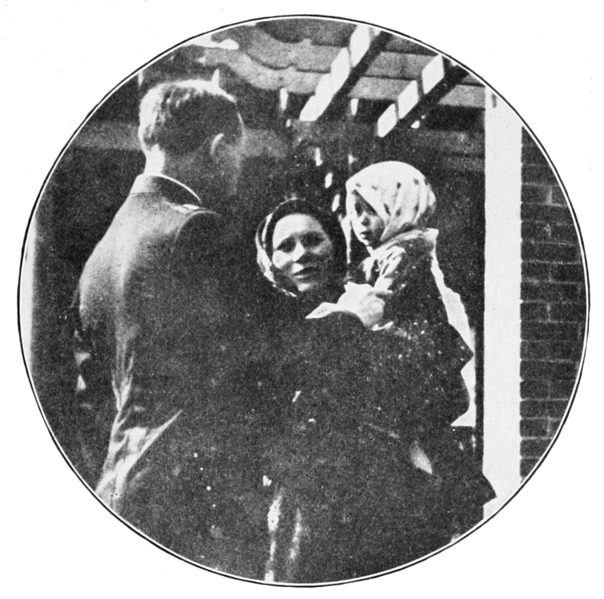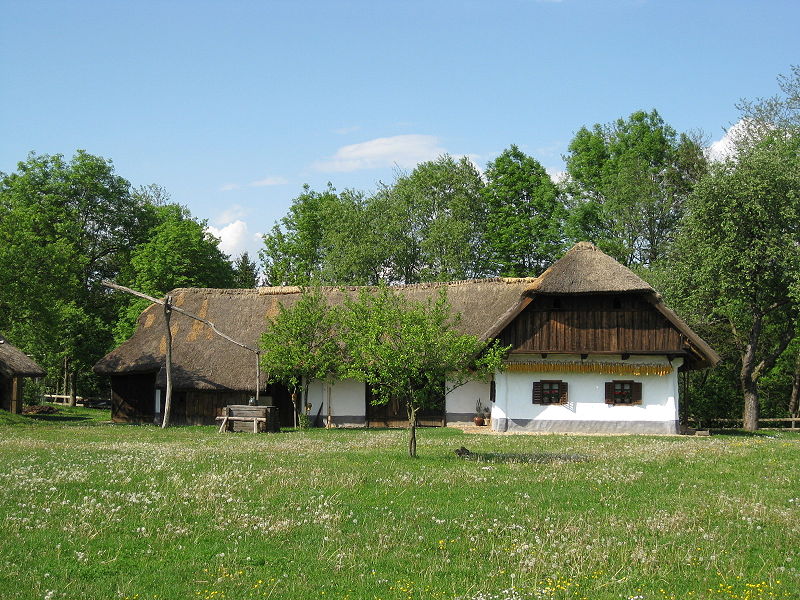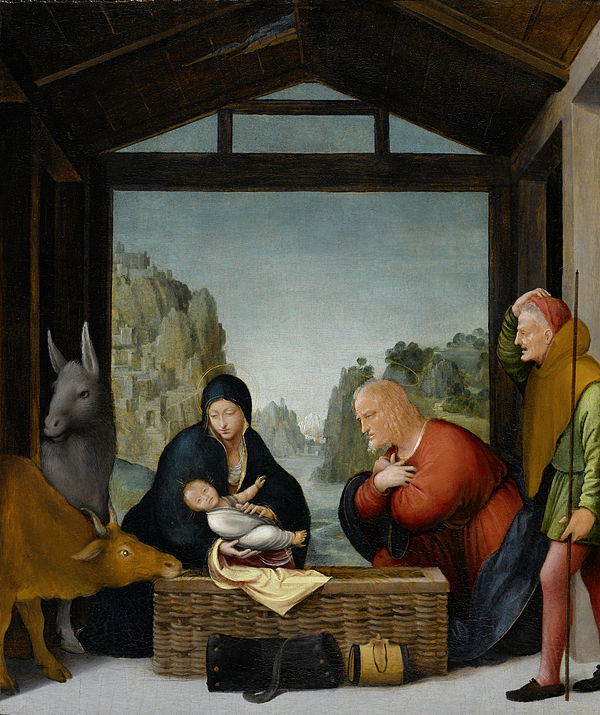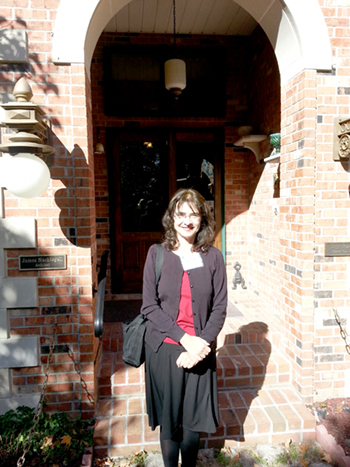 By Rudy Flis, Posted December 24, 2012, and reprinted from Slovenian American Times There are lessons to remember from immigrants and children of immigrants from an earlier time. For Rudy Flis, 2013 marks a significant year.
By Rudy Flis, Posted December 24, 2012, and reprinted from Slovenian American Times There are lessons to remember from immigrants and children of immigrants from an earlier time. For Rudy Flis, 2013 marks a significant year.
2013: One Hundred Years
Next year, 2013 will be one hundred years since my mom and dad came to this country from Austria Hungary. They came in “HOPE” of living a life in happiness and freedom.
Less than forty years later, a new wave of immigrants came to this country from Slovenia; again, they came in “HOPE” of living a life in happiness and freedom from Communism. In the booklet “Anton Martin Slomšek” written by our own Professor Edward Gobetz, Ph. D., himself a refugee from Communism, on page 26 it states that Blessed Anton Martin Slomšek warned his beloved Slovenian people of the danger of Marx’s atheistic Communist Manifesto of 1848.
Who could have believed in less than a hundred years, after Marx’s atheistic manifesto, and a warning from their Bishop Slomšek, this godless power would extinguish the lives of men, women, and children and a large portion of a generation of Slovenia’s youth? WWII was over and we the Flis’ celebrated the safe return of our brothers from a horrible war. I can’t imagine that our government would have put my brothers on a train and transported them to the woods and caves of southern Ohio and executed them because they didn’t agree with the political party in power. It happened in Slovenia, then a part of Yugoslavia and ruled by the brutal Communist dictator, Tito. Many Slovenians who arrived in Cleveland after WWII will verify the atrocities that will forever blemish the beautiful Slovenian countryside.

My dad had died in 1950. His village was in bad shape and his two brothers did not survive the war. My mom came from Celje, but she never asked me to visit her beautiful Slovenia. I visited many countries, but all free. I did see people who left the Red tyranny and lost everything to take a chance on “Freedom.” The DP camps were full.
Pray God we will always treasure and protect our precious “Freedom.” Ask any Slovenian who came here in the late forties and early fifties. They are all winners as is our community they have chosen as home.
Editor's Note by Mary Grabar: I was born in the same country, Slovenia (then part of Communist Yugoslavia, and before that part of Austria-Hungary), and came over as a two-year-old. I did not have the opportunity to live in the Slovenian immigrant community in Cleveland, but enjoy reading the stories of earlier immigrants in the Cleveland-based Slovenian American Times. I appreciate the opportunity to reprint Mr. Flis's column here.
I had the pleasure of meeting several of my fellow Slovenes at a conference a few years back. One with whom I have stayed in touch is Metod Milac, who has written a captivating account of being a DP (Displaced Person), the "new wave of immigrants" displaced by war that Rudy Flis mentions. A Land Bright with Promise (Peter Lang, 2012) will tell you what it was like to come to a new country with almost nothing. Metod was a trained and educated classical musician. This was a time when immigrants were grateful for their lives (after having lost family and friends to the war), for their work (the repetitive and sometimes dangerous factory work), and most importantly their freedom. The Displaced Persons had lost their homes to a regime intent on revenge and repression, and came to "a land bright with promise." Metod eventually earned his M.A. in library science and spent the rest of his career at Syracuse University. I also recommend his earlier book about his harrowing years during the war, Resistance, Imprisonment, and Forced Labor: A Slovene Student in World War II.
His books and stories, like Rudy Flis's, should be read by all students. Dissident Prof resolves to be a place to tell these important historical stories.
 May our land always be bright with promise and remain the "land of the free." Merry Christmas.
May our land always be bright with promise and remain the "land of the free." Merry Christmas.





